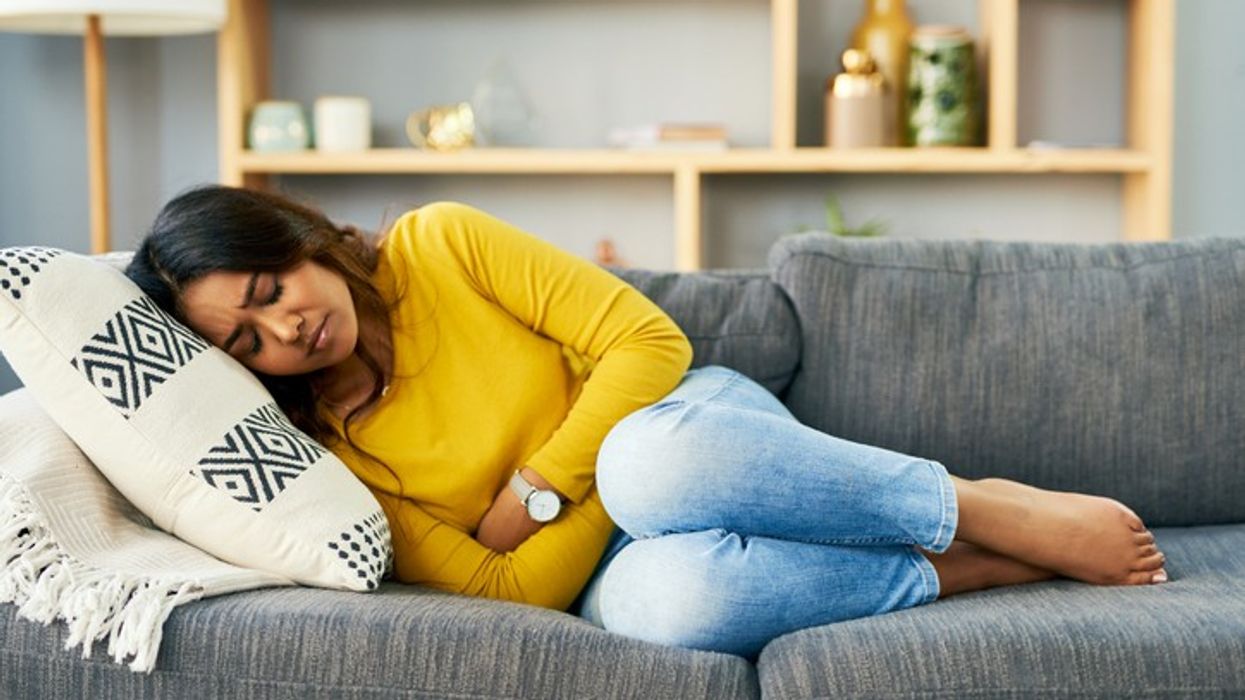Highlights:
- Survey of more than 12,000 UK women finds heavier, longer periods linked to long Covid
- Symptom severity rises and falls across the menstrual cycle, worsening during periods
- Tests reveal inflammation in womb lining and hormonal changes, but no damage to ovaries
- Iron deficiency risk may exacerbate fatigue, dizziness and other common long Covid symptoms
Study highlights link between long Covid and menstrual changes
Women with long Covid are more likely to experience longer and heavier periods, putting them at increased risk of iron deficiency, researchers have found. The findings come from a UK survey of more than 12,000 women, which also showed that the severity of long Covid symptoms fluctuated across the menstrual cycle and often worsened during menstruation.
Findings from UK survey
Between March and May 2021, 12,187 women completed an online survey. Of these, more than 1,000 had long Covid, over 1,700 had recovered from the virus, and 9,400 had never tested positive. The study revealed that women with long Covid reported heavier and longer periods, as well as more frequent bleeding between cycles, compared with other groups.
A follow-up survey with 54 women showed that symptoms worsened in the two days before and during menstruation, pointing to a strong link between hormonal changes and long Covid severity.
Biological markers and test results
Researchers also analysed blood samples from 10 women with long Covid. These tests showed excessive inflammation in the womb lining and elevated levels of the hormone dihydrotestosterone, both of which may drive heavier menstrual bleeding. Importantly, there was no evidence that long Covid damaged ovary function.
Risks of iron deficiency
Heavier periods increase the risk of iron deficiency, which is already common among women of child-bearing age. Symptoms of iron deficiency — such as fatigue, shortness of breath and dizziness — overlap with common long Covid complaints, leaving women particularly vulnerable.
Dr Jacqueline Maybin of the University of Edinburgh, who led the work, said the findings could pave the way for more tailored treatments for women. “Our hope is that this will allow us to develop really specific treatments for women with long Covid who are suffering with menstrual disturbance. It may also lead to female-specific treatments for long Covid itself.”
Global and national impact of long Covid
An estimated 400 million people worldwide are living with or recovering from long Covid. In England alone, nearly 2 million people self-report as having symptoms lasting more than four weeks after infection. More than 200 symptoms have been recorded, with the most common including fatigue, brain fog, breathing difficulties, digestive problems, headaches and changes to smell and taste.
Expert views on treatment potential
Dr Viki Male, a reproductive immunology specialist at Imperial College London, said the findings support a biological explanation for the link. “Inflammation in the uterus is associated with heavy menstrual bleeding, so this could be the link between long Covid and prolonged or heavy periods,” she explained. She added that anti-inflammatory drugs already used to treat heavy periods may also be effective for women experiencing this symptom as part of long Covid.





